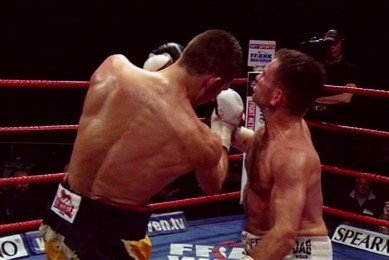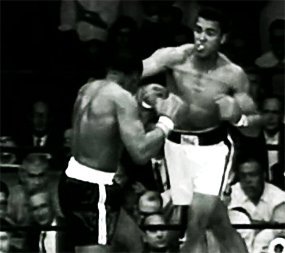 By Marcus Richardson: WBO light heavyweight champion Nathan Cleverly (24-0, 11 KO’s) is having to settle for a fight against #9 WBO Vyacheslav Uzelkov (27-2, 16 KO’s) on October 27th instead of much bigger fights against Carl Froch, Bernard Hopkins, Tony Bellew and Beibut Shumenov. Cleverly’s promoter Frank Warren attempted to line up a fight between Cleverly and each of those fighters but they either showed no interest in facing him or they backed out.
By Marcus Richardson: WBO light heavyweight champion Nathan Cleverly (24-0, 11 KO’s) is having to settle for a fight against #9 WBO Vyacheslav Uzelkov (27-2, 16 KO’s) on October 27th instead of much bigger fights against Carl Froch, Bernard Hopkins, Tony Bellew and Beibut Shumenov. Cleverly’s promoter Frank Warren attempted to line up a fight between Cleverly and each of those fighters but they either showed no interest in facing him or they backed out.
Warren said to thesun.co.uk “A huge purse was put to Froch to move up a weight division — which he turned down — and Bellew rejected the offer of a rematch. It’s proved frustrating. We had Hopkins lined up and then he pulled out, while Shumenov didn’t want to come over.”
Cleverly and the 33-year-old Uzelkov will be meeting up at the Motorpoint Arena, Cardiff, Wales, United Kingdom. It’ll be a home fight more or less for the 25-year-old Cleverly, although he probably won’t need the cheering from his fans in order to get past Uzelkov. All it’ll take is a good chin to hold up under Uzelkov’s occasional big right hand shots and a steady workrate to beat him down.
